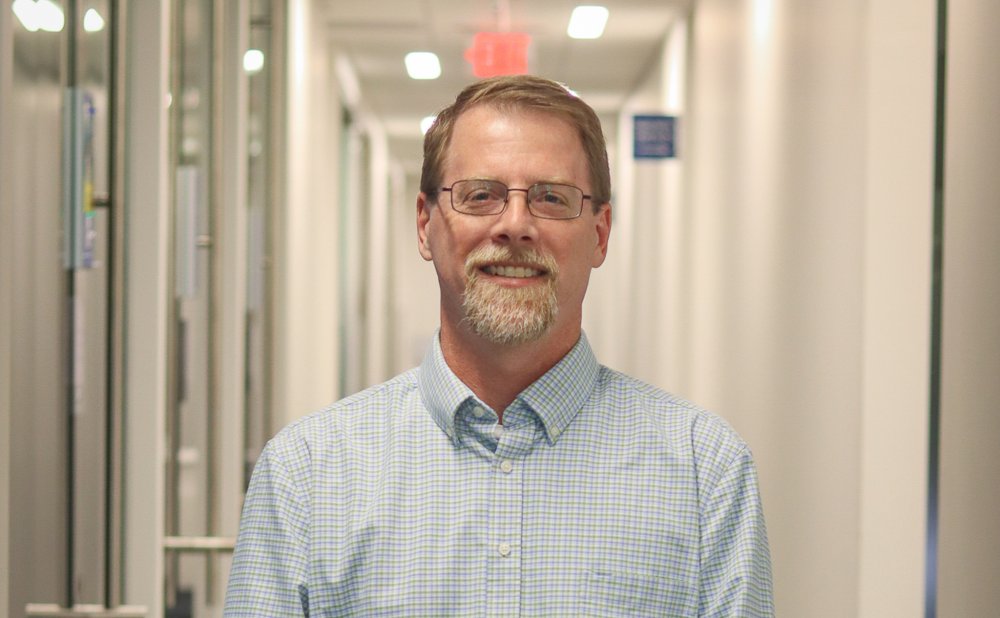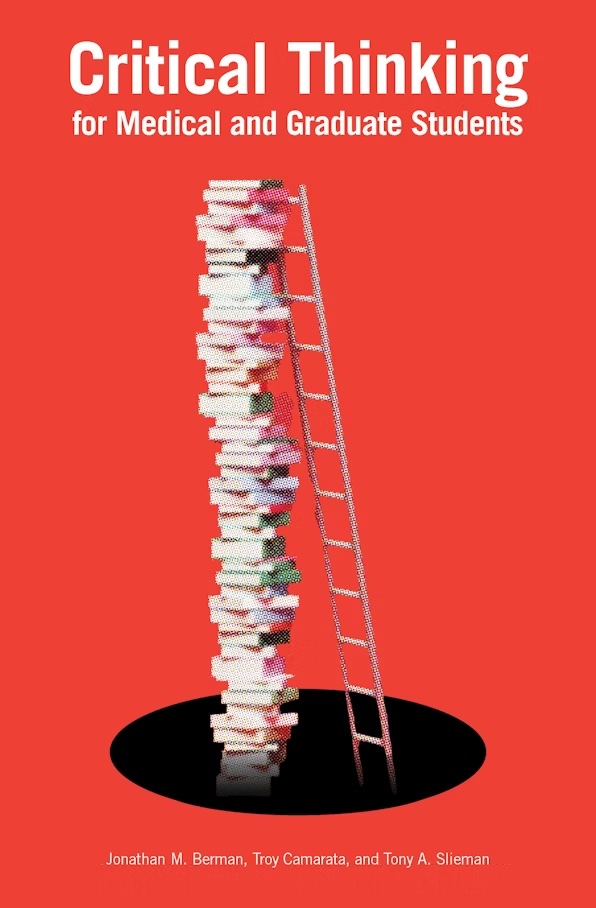The Importance of Critical Thinking for Medical Students: Q&A With Troy Camarata

Troy Camarata, Ph.D., associate professor with Baptist Health Sciences University College of Osteopathic Medicine, is one of the authors of the newly published book, “Critical Thinking for Medical and Graduate Students,” which offers guidance for first-year medical and graduate students in biomedical sciences. We talked with Camarata to learn more.
What attracted you to biomedical sciences?
I’ve always loved science and enjoyed the exploration, creativity and collaboration that goes along with it. Also, as a researcher, I get to see things that no one else sees. I brought my research program to Baptist Health Sciences University College of Osteopathic Medicine, where I’ve been working with students on research and teaching genetics and physiology.
Why is it important for medical students to possess strong critical thinking skills?
 The book discusses tools critical to students’ success, including learning critical thinking and considering causality, which is the relationship between cause and effect; epistemology, the philosophical study of knowledge; ethics; and cognitive biases, an often unconscious pattern of thinking that can interfere with objective judgment.
The book discusses tools critical to students’ success, including learning critical thinking and considering causality, which is the relationship between cause and effect; epistemology, the philosophical study of knowledge; ethics; and cognitive biases, an often unconscious pattern of thinking that can interfere with objective judgment.
Student doctors are going to be presented with patient symptoms or problems that don’t fit that textbook definition of a condition or disease. Those students, as they become physicians, will need to figure out how to solve those problems and do what’s best for the patient, and that takes a lot of skill and practice. Doctors have to be very good and efficient at determining the most accurate, reliable resources, avoiding misinformation.
Part of using critical thinking when treating patients is avoiding assumptions or judgments about patients that can affect how they are treated. Critical thinking can help physicians act in the best interest of their patients by being as objective as possible, making an informed decision and recognizing we all have cognitive biases based on our own personal experiences.
The book focuses on first-year medical or graduate students in biomedical sciences. Why is the first year more difficult?
First-year medical students and graduate students can experience difficulty because they’re transitioning to a unique, rigorous academic career. Understanding expectations can help students hit the ground running and not experience pitfalls that can arise if they’re unprepared. The book recommends evidence-based study habits and how to think about complex topics in biomedicine. Students should be prepared so they can focus on what’s really important, which is learning and developing as a professional.
Can undergraduates also benefit from your book?
Absolutely. It may help them prepare for medical school by making better decisions about topics to study and simply knowing what’s expected in medical school. Undergraduates can learn about opportunities to improve their portfolio to be more competitive in their applications for graduate school or medical school.
What inspired you to write this book?
My coauthors and I created a master’s degree course that was meant to bridge the gap for students who wanted to get into medicine but didn’t have the competitive resume for it and needed help with showing they could function at that high level. The degree included a course on critical thinking, and a lot of the elements of that course went into the book. The book has helped us reach a much wider audience.
What other advice do you have for medical students or graduate students in biomedical sciences?
Always ask for help. You’re never going to do this alone. No one does it alone.
______________________________________________________________________
This article was originally published on Baptist Leader.





